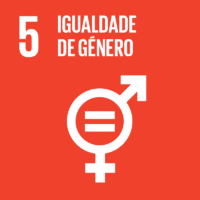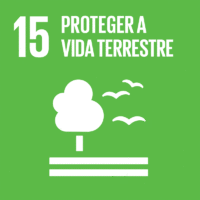Ciência_Iscte
Publicações
Descrição Detalhada da Publicação
Community-Based Conservation in the Drylands of East and Southern Africa During COVID-19 (a peer reviewed report)
Título Revista/Livro/Outro
Natural Hazards Center Quick Response Grant Report Series, 341
Ano (publicação definitiva)
2022
Língua
Inglês
País
Estados Unidos da América
Mais Informação
Web of Science®
Esta publicação não está indexada na Web of Science®
Scopus
Esta publicação não está indexada na Scopus
Google Scholar
Esta publicação não está indexada no Overton
Abstract/Resumo
Our research focused on dryland communities in conservation landscapes in Namibia, Kenya, and Tanzania, where tourism and community-based conservation have been adopted as market-based solutions to social and environmental vulnerabilities. The COVID-19 pandemic resulted in the cessation of international tourism and the suspension of most employment related to community-based conservation in the region. These disruptions caused devastating impacts on local livelihoods which had become partly dependent on tourism and conservation-related income to meet household needs.
We partnered with local co-researchers to document the unfolding impacts of COVID-19 on community members in our study sites using qualitative research methods. More specifically, we examined the following research questions: (a) How were people from different demographic groups (e.g., gender, age, income, conservation employment status) affected by the sudden loss of tourism income and cessation of community-based conservation activities? and (b) How did people across these different demographic groups respond to the loss of conservation and tourism benefits?
We found that the pandemic’s effects were unevenly experienced. In Kenya, for example, wealthier community members were able to invest in cattle and profit from pastoralism whereas poorer members struggled to feed their families. Namibia was the lone case in which the government and other organizations implemented measures to support household income. Our diverse findings reveal the value of comparative case studies as well as the need for long-term research to capture the unfolding, quite unpredictable, impacts of the COVID-19 pandemic. Our study also revealed the value and challenge of doing “remote ethnography” in hazards research.
https://hazards.colorado.edu/research/quick-response-report/archives
Agradecimentos/Acknowledgements
--
Palavras-chave
Registos de financiamentos
| Referência de financiamento | Entidade Financiadora |
|---|---|
| COVID-19 Quick Response Research Grant | Natural Hazards Center, University of Colorado |
Contribuições para os Objetivos do Desenvolvimento Sustentável das Nações Unidas
Com o objetivo de aumentar a investigação direcionada para o cumprimento dos Objetivos do Desenvolvimento Sustentável para 2030 das Nações Unidas, é disponibilizada no Ciência_Iscte a possibilidade de associação, quando aplicável, dos artigos científicos aos Objetivos do Desenvolvimento Sustentável. Estes são os Objetivos do Desenvolvimento Sustentável identificados pelo(s) autor(es) para esta publicação. Para uma informação detalhada dos Objetivos do Desenvolvimento Sustentável, clique aqui.

 English
English




